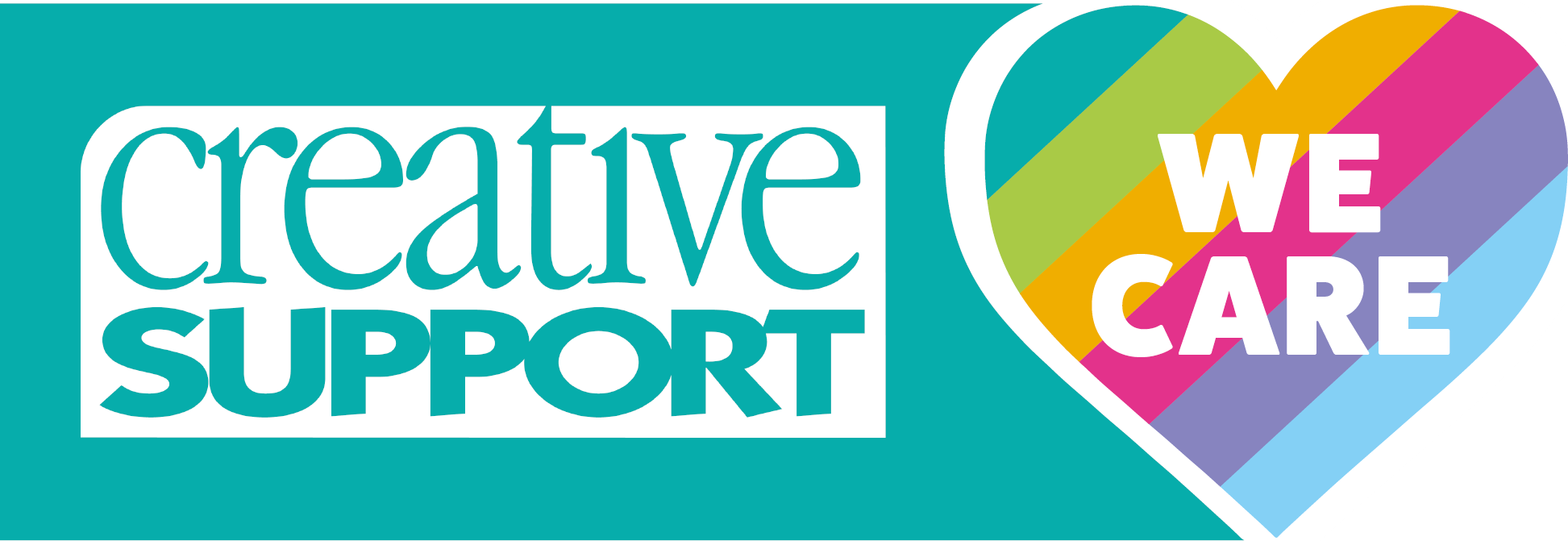Ageing in the Workplace
Ageing in the workplace can bring up so many challenges – from opinions being overlooked and younger workers being prioritised for promotion. This is particularly an issue that impacts women, as research shows that men can be viewed as more valuable and competent as they age.
The reality is that the number of older women in the workforce is steadily increasing. According to Skills for Care, 82% of the adult social care workforce are women compared to 47% of the economically active population, and 27% of all adult social care workers are 55+ compared to 20% of the economically active population. Creative Support is proud to have a workforce that includes 25.9% women 51-years-old and over (and a total of 34.5% of the workforce being 51+). In fact in Creative Support, the single largest demographic of staff is women aged 51-60 which represents 18.9% of our total workforce!
However, representation doesn’t alleviate the strain experienced by older women in the workforce. In fact, ageism is one of the most socially accepted and prevalent forms of prejudice, the difference being of course that, barring premature death, age will come to everyone and everyone will experience this prejudice in their lives.
The most common causes of disruption in the workplace for older women are:
- Stress: Often linked to inappropriate behaviour, feeling overlooked for development and experience being undervalued
- Caring Responsibilities: Juggling caring responsibilities for grandchildren or parents (or both!) against working responsibilities
- Menopause: Managing the physical and mental impact of menopause while in work can be exhausting, particularly where there are unsympathetic managers or colleagues.
- Musculoskeletal conditions: Accidental injuries at work (like a fall or pulling your back) can create significant longer term issues that impact wider wellbeing far beyond just a bruise for a day or two
As an organisation there are things we can do to help you manage:
- If your normal shift pattern no longer works for you, discuss rotas with your Manager to see where changes might support you, including utilising our flexible working policy or opportunities for part time working
- If your work space doesn’t give you the physical environment you need then tell your Manager. Plenty of changes are easy to make and might make your day to day much easier, like more supportive office chairs, a fan, chasing up repairs on trip hazards, or adding some cushions
- You can access our Employee Assistance Programme (including through their easy to download App) to get advice, guidance and support
- If you are uncomfortable with what is happening in your workplace, such as language being used or stereotypes being shared then you need to raise it with your Manager. You may feel that what you’re experiencing may constitute discrimination then have a look at our Employee Handbook and our Discrimination policy. We have Zero Tolerance for discrimination so either report it to someone in your management structure you feel comfortable going to or go direct to our HR department
It is important to remember that women over 50 represent the backbone of many social care organisations. According to Skills for Care, younger staff represent 46.9% of turnover and people over 50 represent 22-23% of turnover. Studies show that older employees also benefit companies through increased experience, supporting better decision making, and improved happiness.
Needing change, adaptations, or help are not things to be worried about or shy away from. Looking after your own mental and physical health in the workplace is key to ensuring sustainability and helping to develop services that are supportive for women as they age will ensure better services for everyone.
